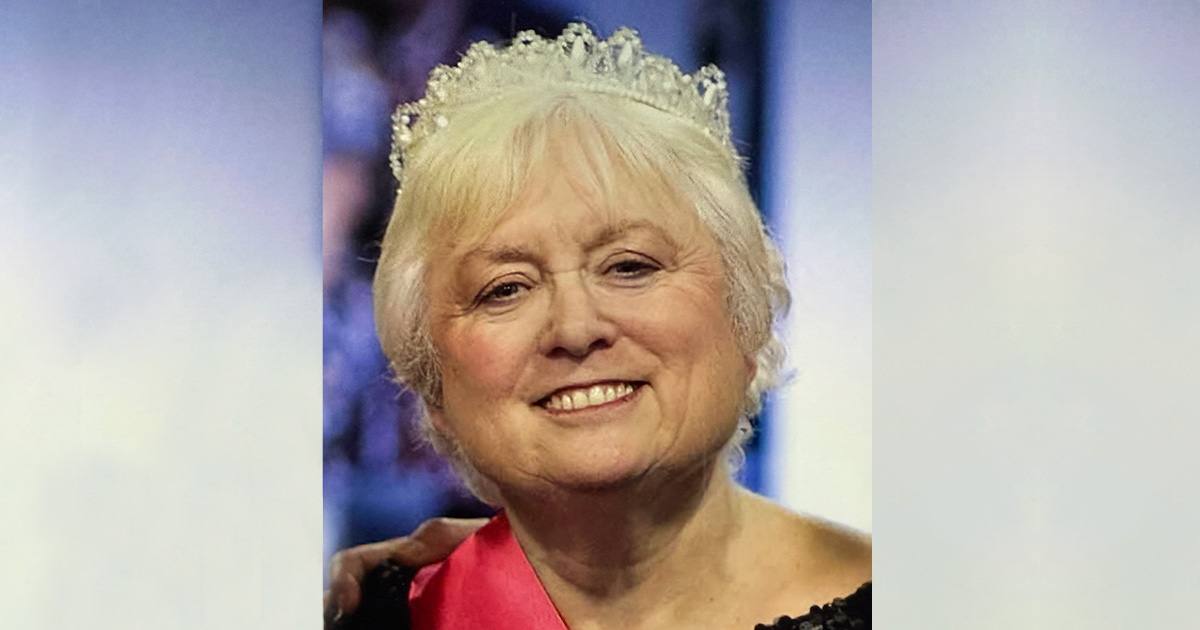While attempting to organise my office recently, I came across an article I had written in 1990 (Wallymahmed, 1990), when I had been a DSN for about 2 years. Reading through it was an education; it was the first article I had ever written and my writing skills left much to be desired! The aim of the article was to provide practical advice to newly appointed DSNs and to communicate some of my concerns when taking up post. In 1988, when I started my career in diabetes, there were very few DSNs and most of my training was acquired by working alongside the consultant medical staff and shadowing the few locally available DSNs.
Over the past 3 years, the diabetes service at Aintree University Hospital has undergone a great deal of reorganisation, as we have been commissioned to deliver community services in two clinical commissioning groups. This has involved working collaboratively with another large acute NHS Trust and the recruitment of additional nursing staff. Having read and reflected on my own article, I thought it may be useful to ask two of the new diabetes nurse educators (DNEs), who have been in post for about 2 years, to reflect on their own experiences and provide some advice for aspiring DSNs and those who have just taken up post.
In the early 1990s, one of the major controversies in diabetes nursing was the debate about the usefulness of community training. My original post, although hospital based, was community funded and a prerequisite was a community qualification (health visiting or district nursing). The rationale was that diabetes was a manageable condition and the focus should be on health promotion and not attaching an “illness” label to an otherwise healthy individual. This debate, although changed slightly, is ongoing.
Currently, in many areas, the majority of diabetes care is delivered by practice nurses, many of whom have a special interest in diabetes and are experienced not only in diabetes management but also management of other diabetes-related risks, such as cardiovascular disease. However, as approximately 10% of all hospital beds are occupied by a person with diabetes, hospital-based nurses will have exposure to people with diabetes on a day-to-day basis, although they may not be directly involved in education and altering diabetes treatments.
In this education supplement, we have two “perspective” articles from relatively new band-6 DNEs. The DNE role involves both education and clinical management of people with diabetes and is a step on the career pathway for aspiring band-7 DSNs. Both have now been in post for about 2 years (one permanent post and one secondment). Juliette Palmer is based in the community service and has a varied nursing background, including 5 years’ experience as a practice nurse. Ian Garnett is based in the diabetes centre and his work is a mixture of inpatient diabetes and outpatient clinics. Ian’s nursing experience has been predominantly in hospital since qualifying.
In the future, to facilitate the development of skills and knowledge, the plan is to rotate band-6 DNEs through the acute service, the diabetes centre and the community clinics. Both give an account of the transition from their previous post to the specialist role and highlight the skills they have brought from previous nursing roles. They provide some practical advice for new and aspiring diabetes nurses and discuss some of their initial concerns. Interestingly, both include the management of type 1 diabetes and insulin treatment as one of their major concerns.
These two articles are also useful for managers as they can reflect on the experiences of the authors and adapt orientation programmes to reduce some of the anxieties. One of the authors felt having a workplace mentor was very beneficial.





International Diabetes Federation officially recognises “type 5 diabetes”, decades after first being observed.
24 Apr 2025